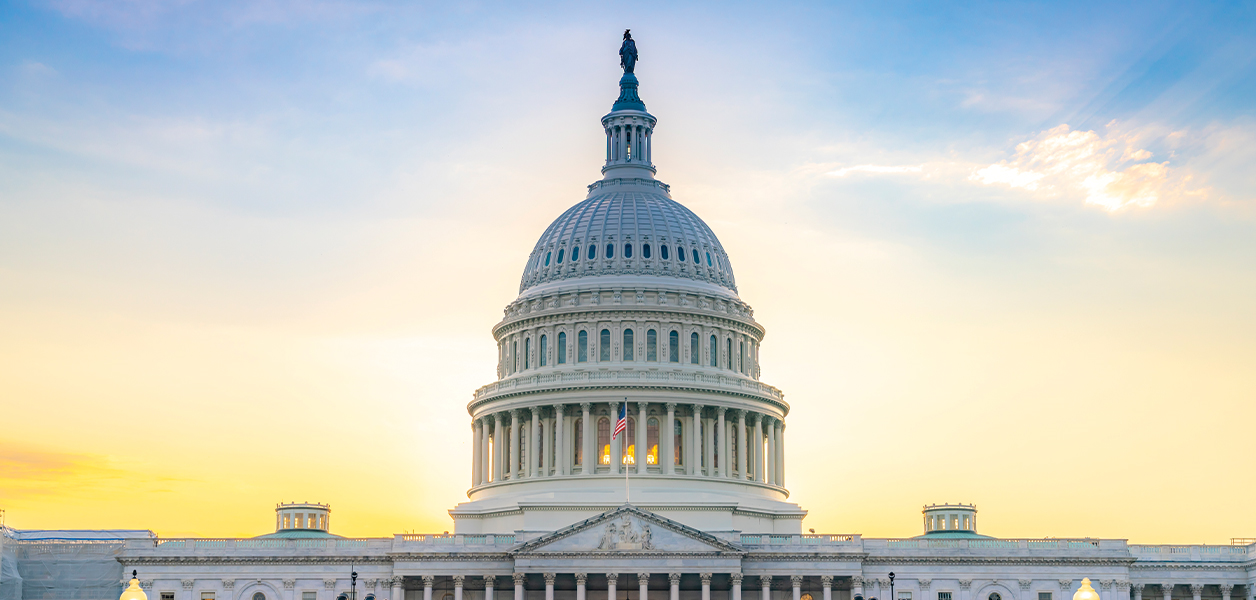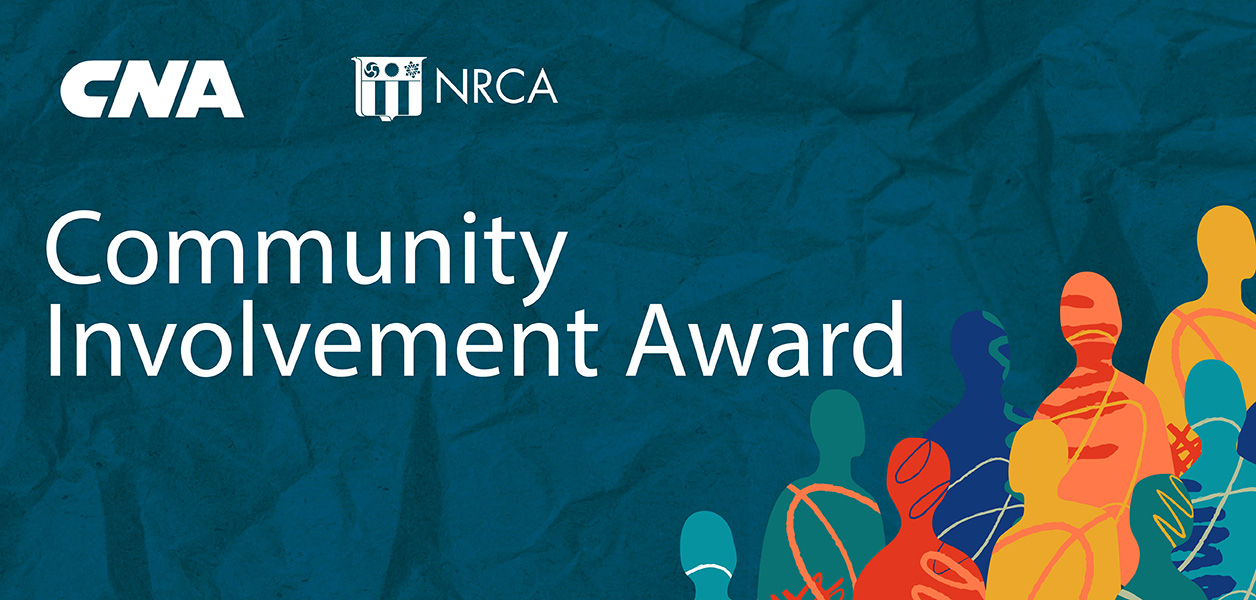September slog begins as Congress returns to Washington, D.C., to address must-pass bills
Sept. 12 marked the first day Congress was in session in nearly seven weeks. The Senate will begin considering its appropriations bills, combining a series of bills to garner more support than each bill would have individually. The House is working to pass each of its 12 appropriations bills individually before government funding runs out at the end of this month, which seems nearly impossible. House Republican leaders believe a stopgap funding bill is needed to avoid a shutdown, giving them additional time to pass their spending bills. The House has not passed many of their 12 bills yet but hopes to pass a $886 billion defense bill this week and a potentially controversial homeland security bill next week. The main hurdle—and it is a big one—is the overall spending levels of each bill.
A short-term stopgap bill (unless overall caps are agreed to that are much lower than currently drafted) does not have sufficient support within the party, but if the speaker passed legislation with Democrats instead, they could introduce a motion to vacate his role as speaker. In addition to the annual appropriations bills, Congress also is considering additional monies for Ukraine and disaster relief. Congress also needs to address an upcoming Federal Aviation Administration authorization expiration and the Farm Bill, which is renewed every five or six years.
NRCA supports the Protecting Small Business Information Act
On Sept. 12, NRCA joined with nearly 100 associations in a letter to support the bipartisan Protecting Small Business Information Act, which would delay implementation of the Corporate Transparency Act’s reporting requirements until a robust regulatory plan is in place. The Corporate Transparency Act was enacted in 2020 to combat money laundering, terrorist financing and other illicit activities and contains new reporting requirements for covered businesses that are scheduled to take effect in 2024. This legislation ensures affected businesses, such as NRCA member companies, are not subject to an overly burdensome and unpredictable compliance process.
Guidance issued on amortizing certain research and experimental costs under Section 174
On Sept. 8, the IRS issued interim guidance and forthcoming regulations to clarify Internal Revenue Code Section 174 regarding specified research or experimental expenditures. The IRS expects the regulations will apply for taxable years ending after Sept. 8, 2023. Other effective-date clarifications are explained in Section 10 of the notice. The IRS requests comments regarding the current guidance, and responses are due by Nov. 24.
The IRS states this guidance relates specifically to:
- The requirement in Section 174(a) to capitalize and amortize specified research and experimental expenditures and the treatment of short taxable years
- Determining whether expenditures are SRE expenditures subject to capitalization and amortization under Section 174
- Determining whether costs paid or incurred for research performed under contract are SRE expenditures under Section 174
- Determining the treatment of unamortized SRE expenditures if property with respect to which such expenditures are paid or incurred is disposed of, retired or abandoned in certain transactions during the applicable Section 174 amortization period
- Providing taxpayers with information about a proposed revision to the regulations under Section 460 in forthcoming proposed regulations regarding how to apply the percentage-of-completion method to account for income from long-term contracts when allocable contract costs include SRE expenditures
- Providing taxpayers with information about a proposed revision to the Code of Federal Regulations Section 1.482-7(j)(3)(i) in forthcoming proposed regulations





